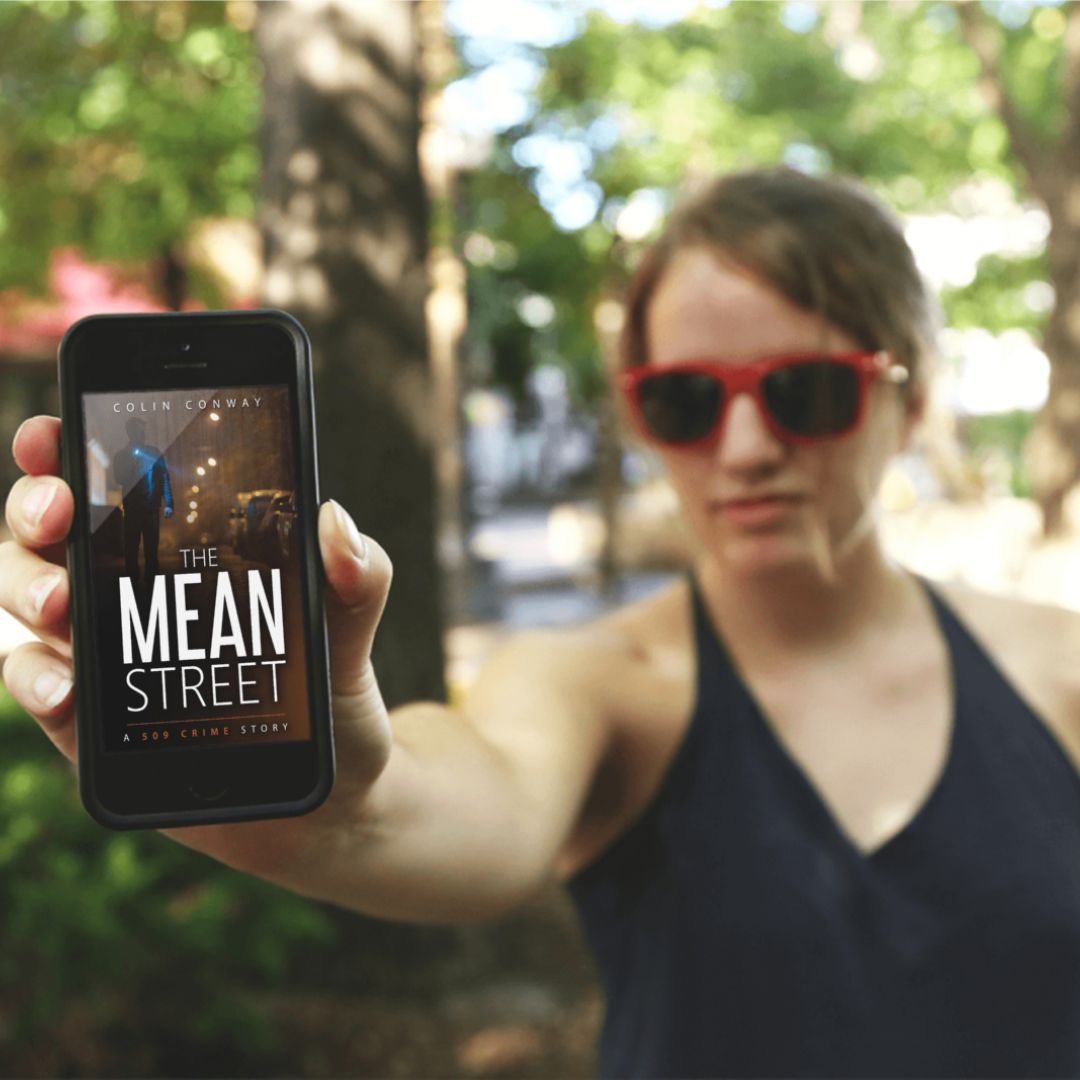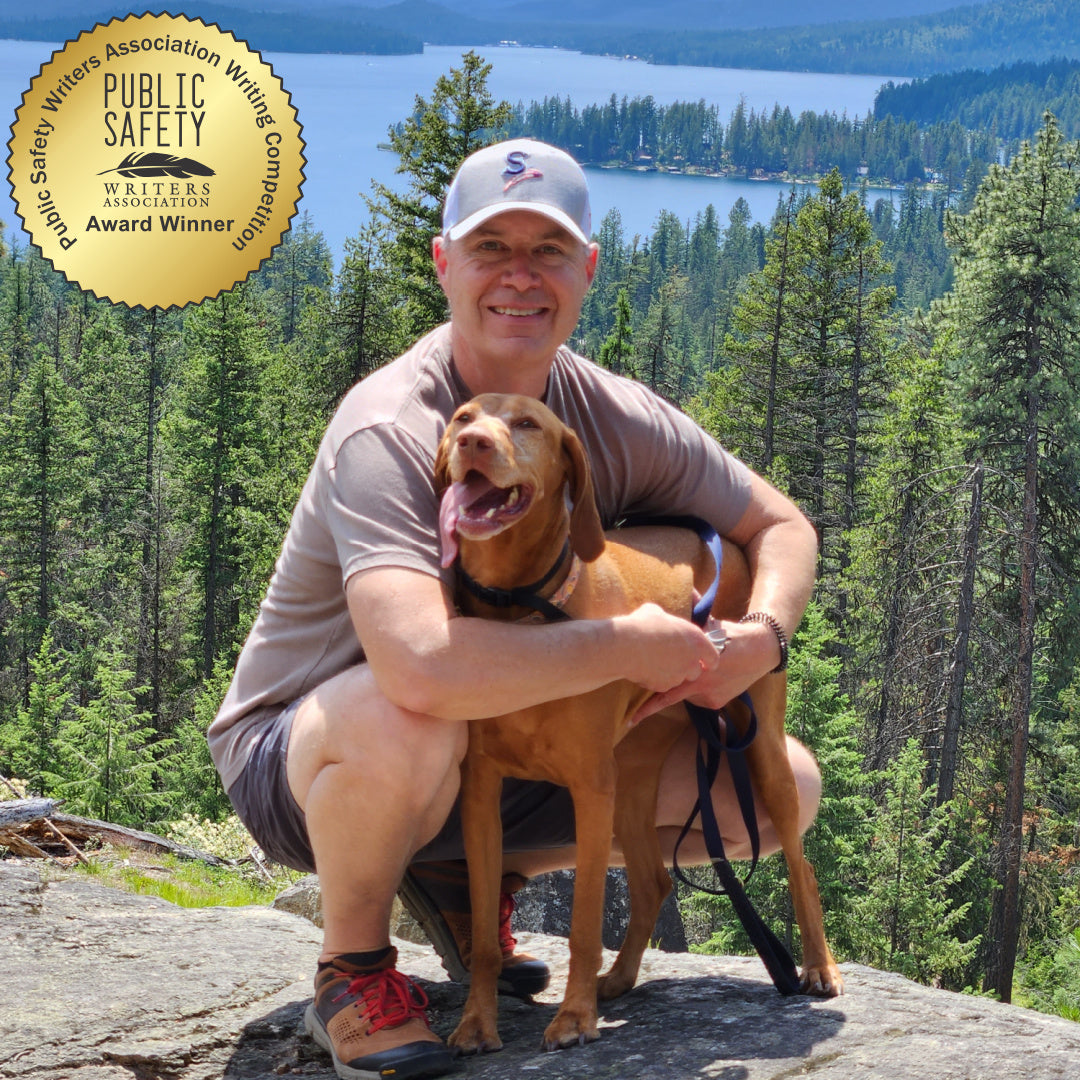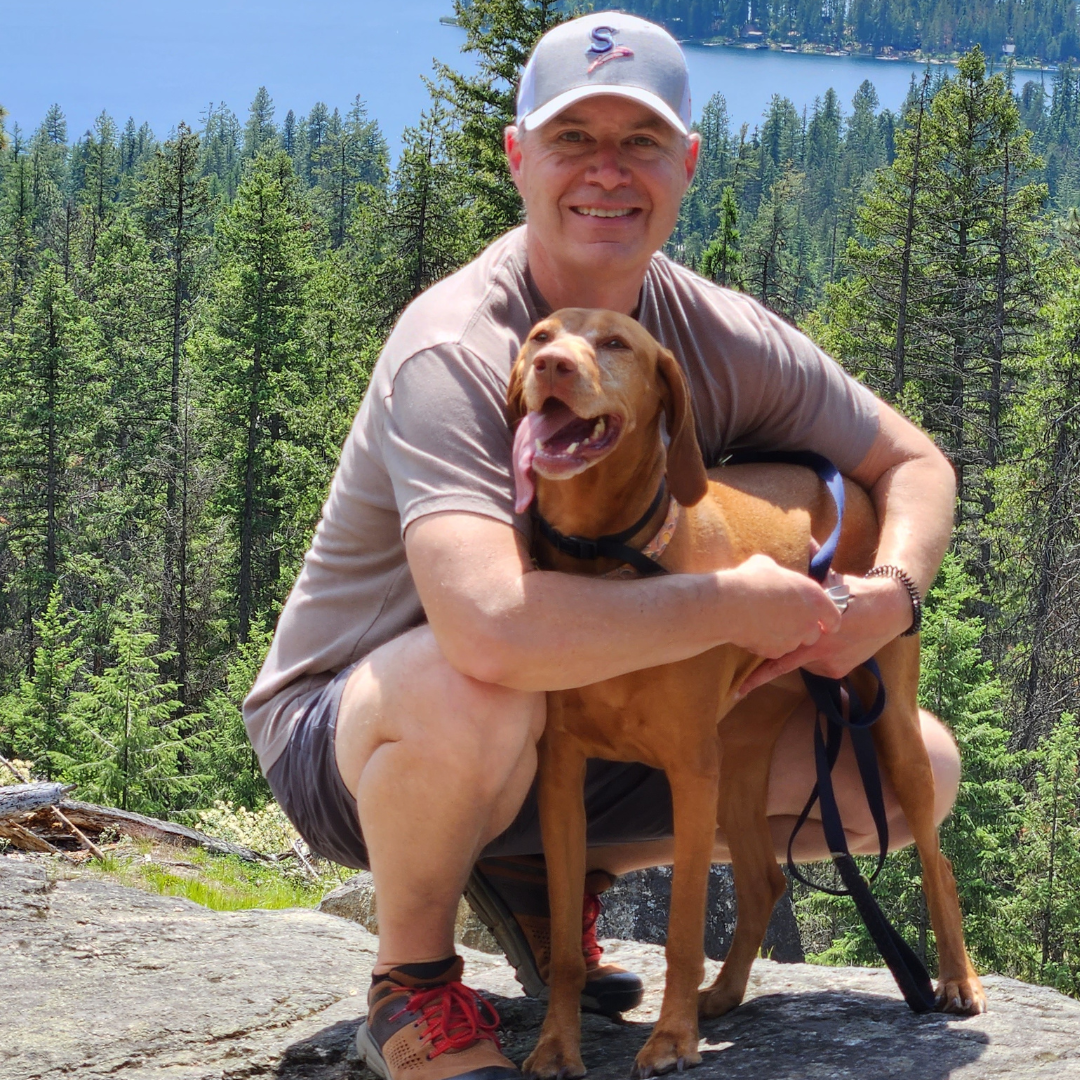Couldn't load pickup availability
The Mean Street (#6) - eBook
The Mean Street (#6) - eBook
book 6 in the 509 Crime Stories
Should a wicked man get the same justice as the righteous?
When a violent pimp is murdered, Major Crimes Detective Dallas Nash is assigned the case. With no witnesses and weak evidence, he must make a choice—vigorously investigate the killing or go through the motions before casually sweeping it into an unsolved file.
Plenty of people want Nash to stop—the prostitutes abused by the deceased, a do-gooder with a shadowy past, and a cop with his thumb on the scales of equity. Yet no one is pushing for him to continue the investigation.
Will Nash walk through the city’s underbelly to find justice for a man who preyed on others?
The Mean Street is the sixth book in the 509 Crime Stories, a series of novels set in Eastern Washington with revolving lead characters. If you like hard-hitting police procedurals with compelling personalities, grab this book today.
Scroll up and join the excitement by grabbing THE MEAN STREET today!
Praise for the 509 Crime Stories:
★★★★★ “This has been such a great series, and I very much recommend it.”
★★★★★ “Great characters and story. I just bought his next one.”
★★★★★ “The cops are real and compelling…”
★★★★★ “…a great read, with great characters, and always an interesting storyline!”
★★★★★ “A great series that leaves one looking forward to more books to come.”
★★★★★ “Stumbled across the series and I’ve read six in a row now.”
★★★★★ “I’m happy reading Colin Conway’s work, easy reads without wasting words. Always a winner.”






Read a Sample
The Mean Street (#6) - eBook
Chapter 1
I struggled to concentrate over the loud music.
A woman lay in the middle of the sidewalk as the song played. Blood pooled around her head, and her body was a broken mess.
After leaping over the eastern edge of the Western Bank Building, she fell eighteen floors to the concrete below. When she hit, she landed on her back. I wouldn’t know for sure until her autopsy, but I imagined she broke every bone in her body.
The guitars screamed louder and interrupted my thoughts. I pressed a thumb into my temple to alleviate some of the pain the music caused. Blinking several times, I refocused on the woman.
Up and down both legs, her pant seams had exploded upon impact. A dirty tennis shoe lay several feet away—thrown clear by the sudden and violent stop from terminal velocity.
The lead singer of the heavy metal band, Megadeth, belted out “High Speed Dirt.” I squinted in hopes of blocking the music from my consciousness. It didn’t work. The guitars and lyrics continued their frantic pace.
The bones in her face and skull caved in at inhuman angles, and her hair splayed out above her. She no longer looked like a woman. Instead, she resembled a demented Troll doll—the ugly child’s toy.
Megadeth’s song about jumping to one’s death looped inside my brain. I closed my eyes and lowered my head. Guitars squealed. Clenching my fists, I inhaled deeply. Drums pounded, and cymbals clashed.
A hand shook my shoulder, and I opened my eyes.
“Dallas?”
Letting out my breath and relaxing my fists, I turned to my partner, Detective Glenn Higgins. He tucked his hands into his brown, knee-length wool coat, and concern registered in his eyes. Draped around his neck was a tan scarf.
“You okay?” he asked.
“Yeah.”
“I said your name—twice.”
“Sorry,” I mumbled. “Didn’t hear you.”
Glenn watched me closely now. He’d been doing that a lot lately.
He’d gotten this call and was the lead investigator. Every suicide was treated as a homicide—the unlawful killing of a person. There’s only one shot at a death investigation, so that’s the attitude with which we must approach it.
I shoved my hands into my pockets and pulled my coat tighter. Even though the sun was out and the sky clear, the November chill signaled the approaching winter.
The dead woman wore a gray button-up work shirt over a white turtleneck and faded black pants. A sewn-on patch with the name Carlotta was above her left breast.
“Patrol found a note,” Glenn said.
“Where?”
“On the roof. Under a brick.”
“Think she worked in the building?”
“Maybe she was a janitor. We can confirm with the property manager.”
Glenn fell silent as I glanced toward the top of the building—the tallest in Spokane. If she were part of a janitorial crew, that would explain how she gained access to the roof. My eyes traced the path of her descent to where her body lay.
I wondered if I would have the guts to jump like her—assuming she jumped. Inside my head, a new song stuttered to life and quickly reached a crescendo.
Ted Nugent’s “Dog Eat Dog” looped inside my brain. The lyric about swan diving from the hundredth floor turned my stomach as I wondered what Carlotta looked like before her fall.
A group of onlookers assembled beyond the outer perimeter. The faces in the crowd showed a mixture of curiosity and horror. Among the public, a news crew filmed our actions. The body wouldn’t usually be left exposed like it was. The forensic team was still on its way, and they would erect a tent over it. Once they did, the looky-loos would leave. Privacy for the dead wasn’t as exciting as having it openly displayed on a downtown sidewalk during the Friday noon hour.
Glenn’s movements caught my attention. He gestured while he spoke, but I couldn’t hear him. Instead, I listened to the song’s main chorus, circling over and over, almost chanting now.
My partner waited for a response, then shook his head and walked away. Ambling as if his knees hurt, he headed toward the lieutenant and captain who had arrived on the scene.
“Dog Eat Dog” looped over and over inside my head.
Turning my attention back to Carlotta, I recentered my focus. The music receded slowly into the back of my mind like a wave pulling out to sea.
Why would a person jump to their death rather than taking pills and drifting off quietly? Statistically, women are more likely to harm themselves in ways that won’t damage the body as severely.
“Dog Eat Dog” returned on a wave and crashed onto the shore of my consciousness. I waited a moment for it to leave before continuing.
Reexamining how bad her head injuries were, I wondered if she regretted her decision to jump the moment she leaped. It would be impossible to regret it at impact.
The music played louder and pushed all thoughts from my head. I closed my eyes and pressed a knuckle into an eye socket, hoping to lessen the associated pain. It didn’t.
“Dog Eat Dog.”
“What?”
I opened the eye without my finger shoved into it. Captain Gary Ackerman stood at my shoulder. Quickly, I dropped my hand and blinked the other eye into focus.
“Dog eat dog?” he said. “Why say that?”
I hadn’t realized I had. To cover my mistake, I said, “Thinking about life.” There was no way I could tell the captain about the songs. The chaplain knew about them, and that was already one person too many.
“You look like hell, Nash.”
“I’m okay.”
Ackerman’s gaze ran my length. “You don’t look it.”
I shrugged again. There wasn’t any point in arguing with the captain. Doing so, especially at an active crime scene, was only the stuff they did in the movies. Besides, such behavior would only prove his fears to be right.
Ackerman looked around before leaning in. “You drinking?”
“Occasionally,” I lied.
“I meant today.”
“No, sir. Not at all.”
He leaned back and studied me again. “Late nights, then?”
“Some.” It was another lie.
Ackerman slowly nodded as if the pieces fitted together. An alcoholic cop, no matter how cliché, was something he understood. He could deal with that concept. Better to have him worry about me and a bottle than what was happening inside my head.
“Maybe you should take some time off.”
“I’m good.”
He opened his mouth to say something, but the music started again. “Dog Eat Dog” repeated at full blast between my ears. Ackerman moved his lips, but I only heard the chorus of the Ted Nugent classic.
When he stopped speaking, he cocked his head as if waiting for an answer.
The music inside my own blocked out the real world, so I nodded. It was either that or shake my head. I guess I could have stared dumbly at the man. Accepting whatever he said seemed the least likely to blowback.
Ackerman’s eyes softened, and he patted my shoulder. He said a couple more words I couldn’t hear, then headed toward the news crew.
The music faded, and silence echoed inside my skull.

Meet the Author
Colin Conway writes in multiple crime fiction genres including cozy mysteries, police procedural, private detective, amateur sleuth, and thriller. He’s published over thirty books in a variety of series.
If you're a fan of crime fiction novels, we'll have something you'll like.
Colin's love for crime fiction started while serving in the U.S. Army. That’s when he discovered authors likes Lawrence Block, Andrew Vachss, and John D. MacDonald. Colin’s interest in writing developed while working as a police officer in Spokane, Washington.
His creative secret is Rose the Office Dog, his constant companion.





